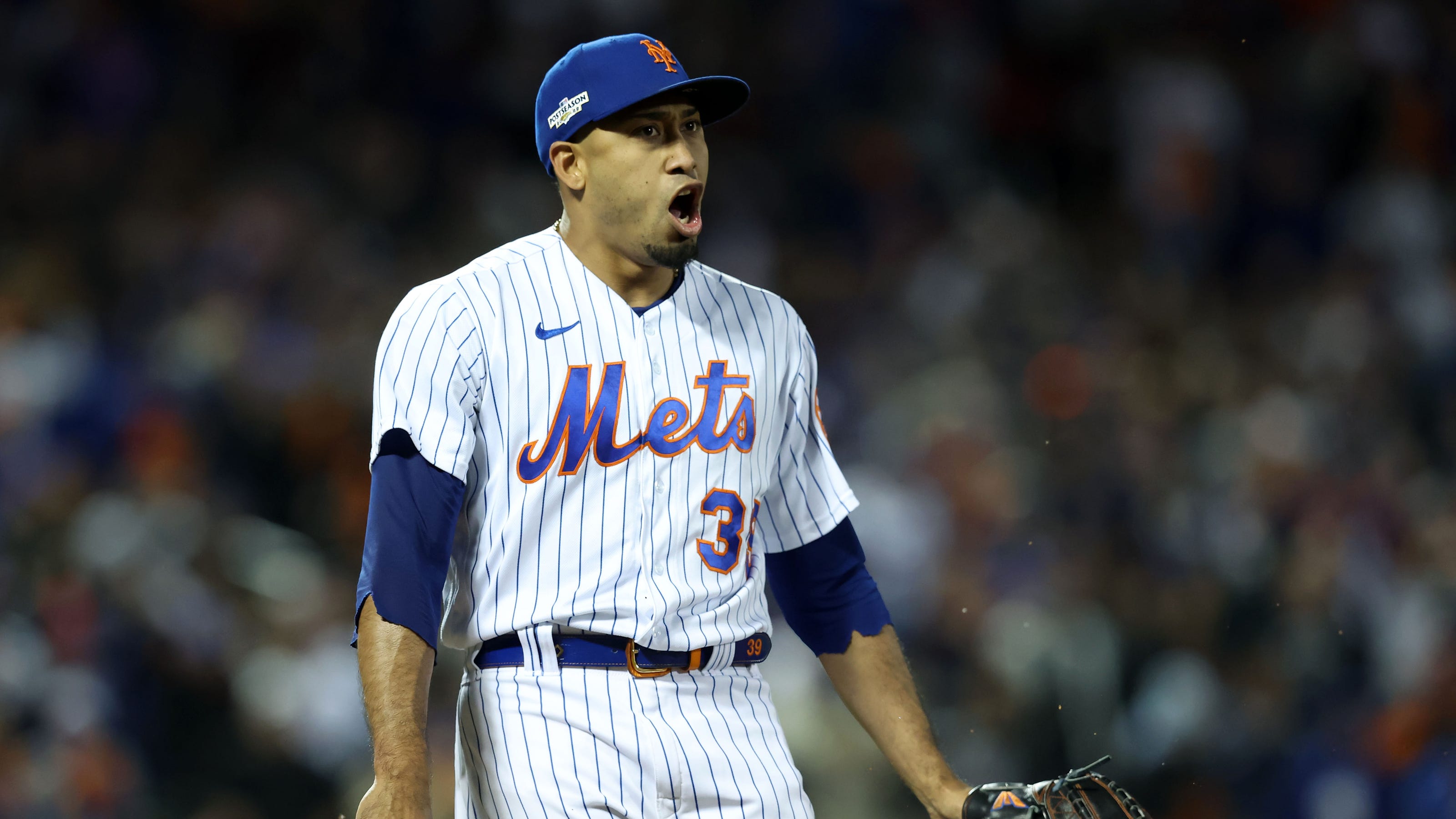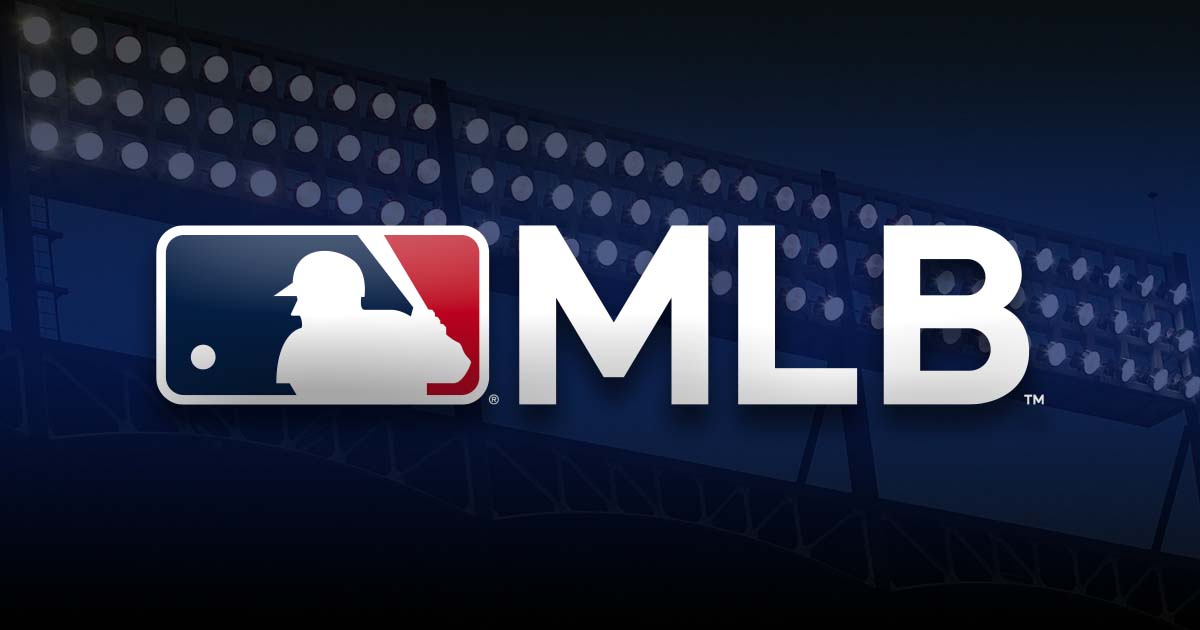Ope3
Sailor Sam
- Joined
- Dec 12, 2008
- Messages
- 13,647
- Reaction score
- 10,506
- Points
- 113
The tickets were specifically listed because you said "no one cares" about the Twins in the regular season.I knew you were talking about tickets sold of Twins vs Wolves/Wild to support your claim of #2, even though it was fairly obvious I wasn't talking about that at all.
I was getting at that the Twins are the only one of the four to even have done anything to put Minnesota on a map in the last three decades ... the sport of baseball itself, overall, is way down in importance to the people of Minnesota. Hockey, football, basketball, and I'd wager others, are (far) more important overall to the families and people of this state.
It should be hockey. That should be our thing. Gophers do their part, but sad that Wild haven't even made it yet.
Youth & prep baseball/softball has far greater participation numbers than ice hockey in Minnesota. Outside the metro it's far greater. I'm very perplexed you have that impression.


